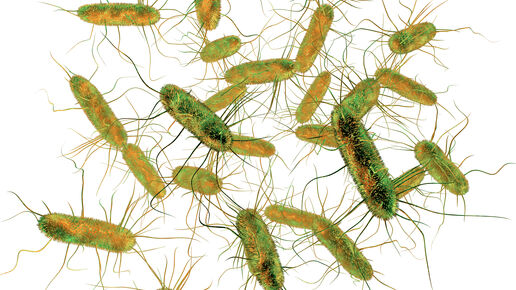EU One Health report: drop in reported zoonotic diseases in humans and foodborne outbreaks in 2020

Campylobacteriosis was the most reported zoonosis in the EU in 2020, with 120,946 cases compared to more than 220,000 the previous year. It was followed by salmonellosis, which affected 52,702 people compared to 88,000 in 2019. The number of reported foodborne outbreaks also fell by 47%. These findings are based on the annual EU One Health zoonosis report, by EFSA and ECDC.
Experts acknowledged the impact of the COVID-19 pandemic An epidemic that becomes very widespread and affects a region, continent or the whole world in Europe in the remarkable drop in reported zoonotic diseases in humans – ranging from 7% to 53% depending on the reported disease in question - and foodborne outbreaks.
Possible factors behind the large decrease in cases include changes in health seeking behaviour, restrictions on travel and on events, the closing of restaurants, quarantine, lockdown, and other mitigation measures such as the use of masks, physical distancing and hand sanitisation.
The next most commonly reported diseases were yersiniosis (5,668) and infections caused by Shigatoxin-producing E.coli (4,446). Listeriosis was the fifth most reported zoonosis (1,876 cases), mainly affecting people over the age of 64.
Listeriosis and West Nile virus infections were the diseases with the highest case fatality and hospitalisation rates – with most locally acquired human infections of West Nile virus reported in Greece, Spain and Italy.
The report also monitors foodborne outbreaks in the EU, events during which at least two people contract the same illness from the same contaminated food. A total of 3,086 foodborne outbreaks were reported in 2020. Salmonella remained the most frequently detected agent and caused about 23% outbreaks. The most common sources of salmonellosis outbreaks were eggs, egg products and pig meat.
The report also includes data on Mycobacterium bovis/caprae, Brucella, Trichinella, Echinococcus, Toxoplasma gondii, rabies, Q fever and tularaemia.
EFSA is publishing two interactive communication tools on foodborne outbreaks – a story map and a dashboard. The storymap provides general information on foodborne outbreaks, their causative agents and implicated food vehicles. The dashboard allows people to search and query the large amount of data on foodborne outbreaks collected by EFSA from EU Member States and other reporting countries since 2015.
Links to science
How to contact us
EFSA Media Relations Office
Tel. +39 0521 036 149
E-mail: press [at] efsa.europa.eu (Press[at]efsa[dot]europa[dot]eu)
(Only if you are a member of the press)
Ask a Question Service
You have a question about EFSA’s work? Contact our Ask a Question service!